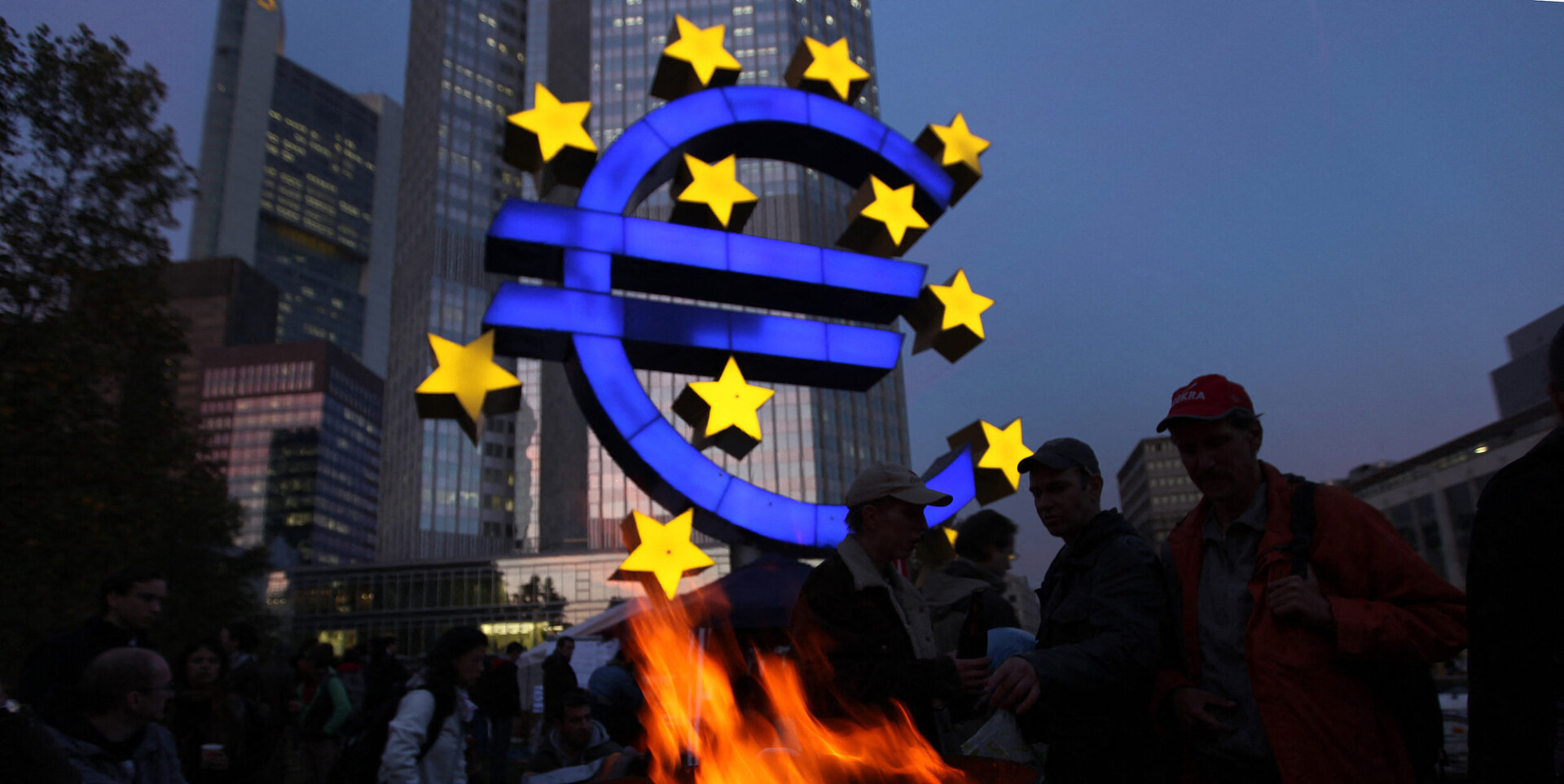In recent years, Western governments have increasingly engaged in self-conscious industrial policies to address a variety of problems — the green transition, resilience of supply chains and, perhaps most importantly, geopolitical competition with China. Initiatives such as the Biden administration’s CHIPS and Science Act and the Inflation Reduction Act (IRA) in the US are symbolic of this new wave of industrial policy.
In response to the IRA — which many European officials have worried could harm EU manufacturing — several officials and leaders have advocated for a robust European industrial policy featuring reciprocal subsidies and support mechanisms. They are emphasising the need for a “Made in Europe” strategy to counterbalance the potential economic impacts of the “America First” policies embedded in the IRA. Calls for a more unified European industrial response have naturally grown in tandem with President-elect Donald Trump’s threats of more aggressive American protectionism.
Hence why this week, Stéphane Séjourné, the EU’s new industry chief, called for a “Europe first” strategy for key business sectors. “It’s not at all about protectionism because Europe really has no interest in a global trade war,” he said. “We have a strategic and technological interest to develop our own industries, to create employment and to create growth”.
This may sound promising, but the reality is that the EU’s institutional framework makes it seriously unfit, both economically and politically, for confronting the new 21st-century geopolitical landscape. Economically, the single currency and the EU’s restrictive fiscal rules, combined with the lack of a true common fiscal capacity, represent a serious barrier to investment — at both the national and European level. This issue is further compounded by the EU’s structural and ideological bias against state intervention in the economy. This is exemplified by the EU’s stringent rules regarding state aid, which seriously inhibits industrial policy.
Articles 107 and 108 of the Treaty on the Functioning of the European Union (TFEU) broadly prohibit any aid granted by member states that could “distort competition” by favouring certain companies or industries, unless explicitly allowed under specific exceptions. The idea is that allowing member states to support their domestic industries could lead to an uneven playing field, creating conditions where companies with state backing have an advantage over others. This approach reflects a foundational commitment to anti-interventionism, rooted in liberal economic thinking that sees competition as essential for economic efficiency and innovation.
Moreover, the EU’s highly bureaucratised, multi-level governance framework results in a slow and convoluted decision-making process, rendering the EU ill-equipped to respond effectively to the rapidly changing and volatile global environment. This is why, for example, the limited investments and industrial policies that do take place remain fragmented and split along national lines, as well as between member states and the EU.
These various factors significantly impede the EU’s capacity to implement industrial policy, particularly on a continent-wide scale. They are also crucial for understanding why the bloc has fallen behind other advanced economies, which have relied heavily on state-led industrial policies to achieve a competitive edge, as recently highlighted in Mario Draghi’s report. In other words, the current era of state-led economic policy has starkly highlighted the detrimental effects of the EU’s erosion of state capacity.
Given the diverse economic structures, political priorities and geopolitical interests of EU member states, a centralised, one-size-fits-all investment and industrial policy is inherently unfeasible. This issue becomes particularly pronounced when considering that further centralisation would only strengthen the technocratic and undemocratic nature of EU governance, which has historically resulted in suboptimal economic outcomes — as the self-defeating post-2022 energy policy and Russian sanctions demonstrate. Supranationalising the EU’s investment and industrial policy is therefore neither a viable nor a desirable approach.
The most plausible outcome is that the EU will remain entrenched in the nightmarish institutional limbo it has created. This is one where nation-states are severely constrained in their economic sovereignty, and thus in their capacity to compete in an increasingly state-driven global economic environment. Meanwhile the bloc’s only true “sovereign” power, the EU’s supranational apparatus, is not — and could never be — an actual state capable of competing with established superpowers like China or the United States, let alone a democratic one.











Join the discussion
Join like minded readers that support our journalism by becoming a paid subscriber
To join the discussion in the comments, become a paid subscriber.
Join like minded readers that support our journalism, read unlimited articles and enjoy other subscriber-only benefits.
Subscribe